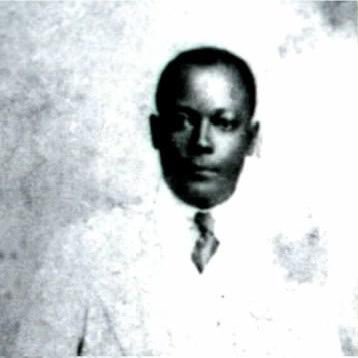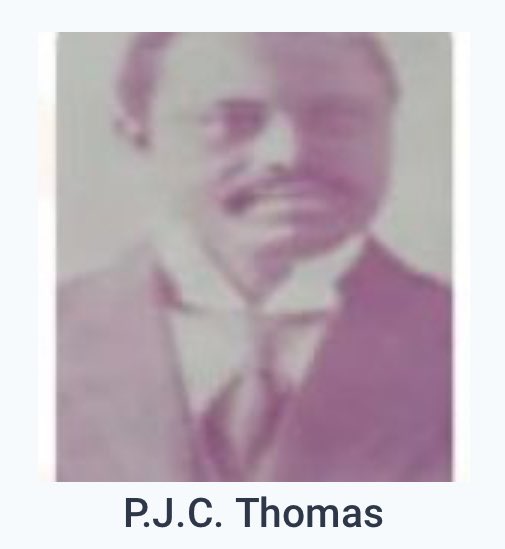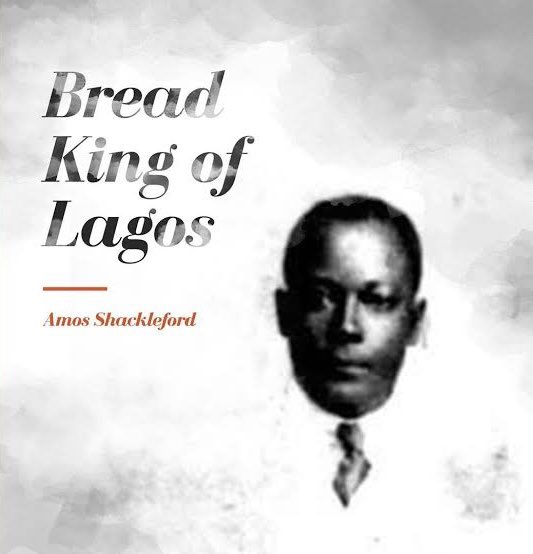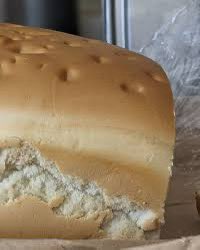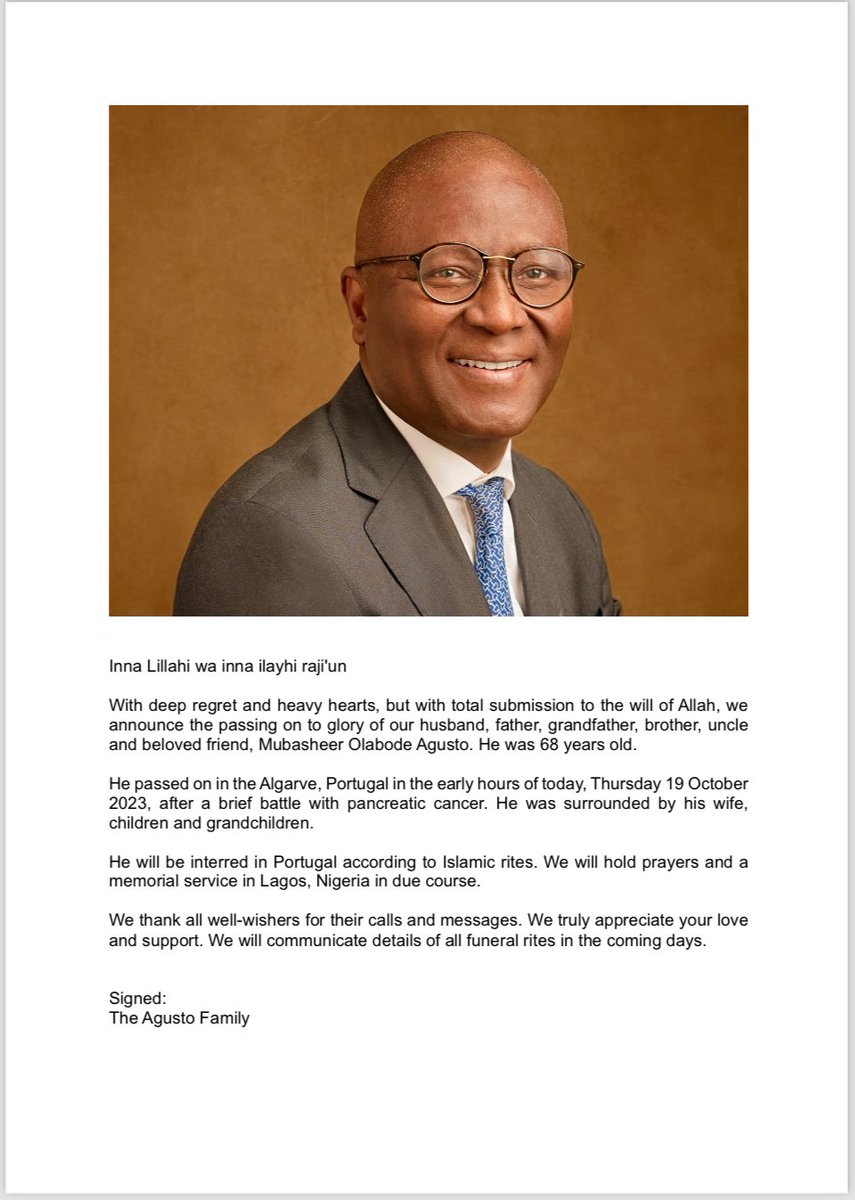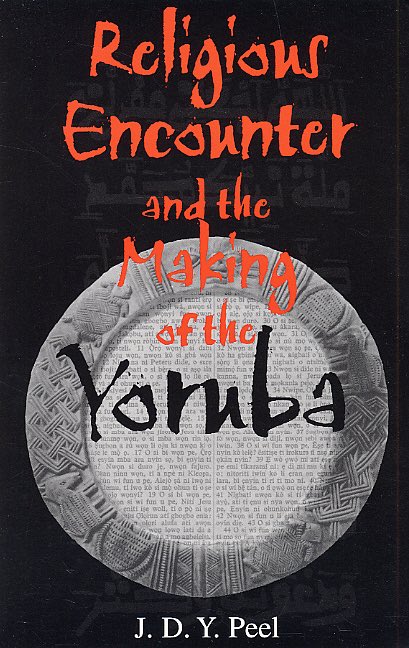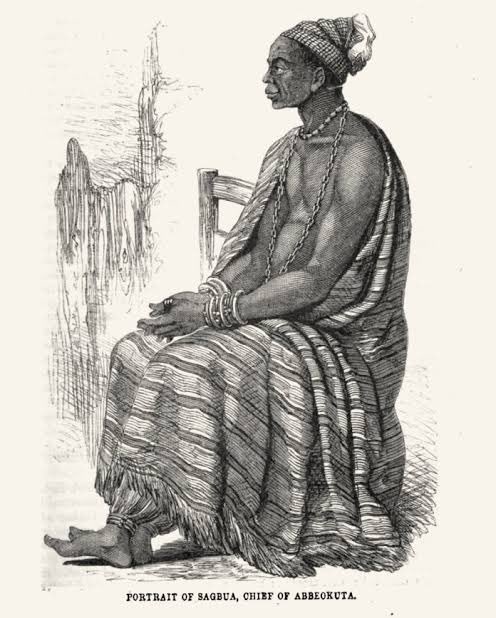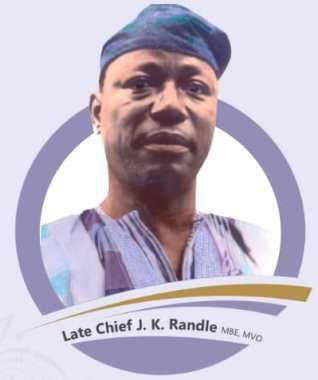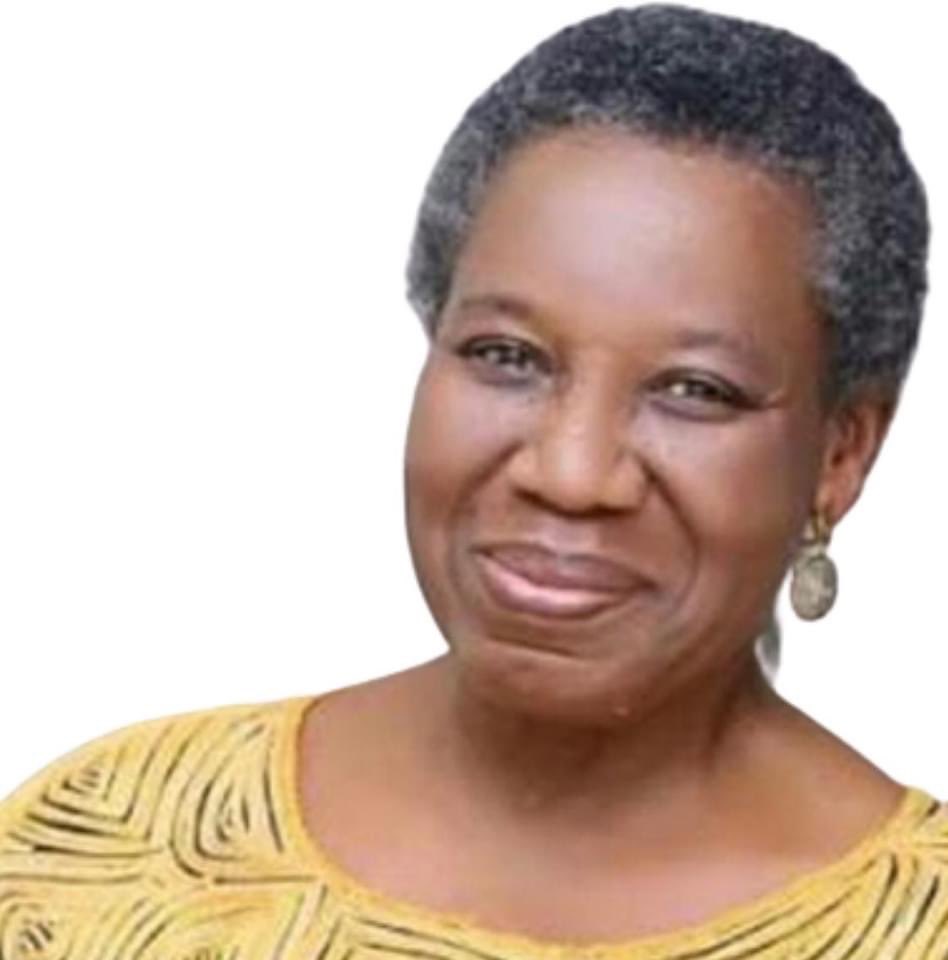The Olu of Warri has gone to be with his ancestors; long live the Olu.
It was announced about a month ago that the 20th Oba or Olu of Iwere Kingdom (Warri) Ogiame Ikenwoli, joined his ancestors.
It happened 5 months earlier, on 20th December, 2020.


It was announced about a month ago that the 20th Oba or Olu of Iwere Kingdom (Warri) Ogiame Ikenwoli, joined his ancestors.
It happened 5 months earlier, on 20th December, 2020.



A successor was immediately chosen in Prince Tsola Emiko, 37 year old son of Ogiame Atuwatse II, 19th Olu of Warri. He’s also nephew of the deceased Olu.
The choice was made by the kingmakers & ratified by the Ifa Oracle, in accordance with Warri tradition.


The choice was made by the kingmakers & ratified by the Ifa Oracle, in accordance with Warri tradition.



The funeral rites for the late Olu commenced on Monday 10th of May 2021. A sober and joyous occasion, led by the Olu designate.
Sober because he had to accompany the late Olu, his uncle, on his final journey to be laid to rest with his ancestors at the royal cemetery in Ijalla.
Sober because he had to accompany the late Olu, his uncle, on his final journey to be laid to rest with his ancestors at the royal cemetery in Ijalla.
Ijalla is a few kilometers outside Ode-Itsekiri, also called Warri Olu or Big Warri, which is a not too far across the water from the city of Warri.
It is also a joyous occasion, as the Prince will come back from that trip as the Daniken or crown prince.
It is also a joyous occasion, as the Prince will come back from that trip as the Daniken or crown prince.
He will then go into seclusion to undergo traditional and spiritual tutelage.
He will be away for three lunar months, during which Warri will be under the administration of a regent, the Olori Ebi, Prince Emmanuel Okotie-Ebo.
He will be away for three lunar months, during which Warri will be under the administration of a regent, the Olori Ebi, Prince Emmanuel Okotie-Ebo.

Itsekiri, a distinct group, are strongly related to the Yoruba.
The 5 pre-Ginuwa aboriginal settlers: Omadino, Ugborodo, Irigbo/Okotomu, Ureju & Inorin originally came from Ode Ijebu, a riverine village in today’s Ogun State, while some came from Onukumi (Olukumi) in Kogi.
The 5 pre-Ginuwa aboriginal settlers: Omadino, Ugborodo, Irigbo/Okotomu, Ureju & Inorin originally came from Ode Ijebu, a riverine village in today’s Ogun State, while some came from Onukumi (Olukumi) in Kogi.

They speak a Yoruboid language closely related to some of the dialects found in the eastern parts of Yorubaland; Owo, Akure, Ilaje, Ikale, Ijebu, Remo.
They also share elements of culture with Yoruba, Edo, Urhobo & Ijaw, from generations of historical contacts and interactions.
They also share elements of culture with Yoruba, Edo, Urhobo & Ijaw, from generations of historical contacts and interactions.
In contemporary/modern Nigeria, they have had a strong bond with the Yoruba since the time of Erejuwa II who reigned from 1951-1986.
That bond was also shown in the politics of the era under Chief Obafemi Awolowo.
They also have strong relations with the Edo.

That bond was also shown in the politics of the era under Chief Obafemi Awolowo.
They also have strong relations with the Edo.


Their position on the Niger delta put them in early trade relations with Portuguese since the 15th century.
They had a string of Olu who were Roman Catholic and at least one grew up in Portugal.
Their court dress has a strong resemblance to Catholic ecclesiastical robes.

They had a string of Olu who were Roman Catholic and at least one grew up in Portugal.
Their court dress has a strong resemblance to Catholic ecclesiastical robes.


Thanks to Peter Arthur-Prest for some information used here.
The videos are taken from a post by Baruch Eyimofe Pemu.
The videos are taken from a post by Baruch Eyimofe Pemu.
• • •
Missing some Tweet in this thread? You can try to
force a refresh



